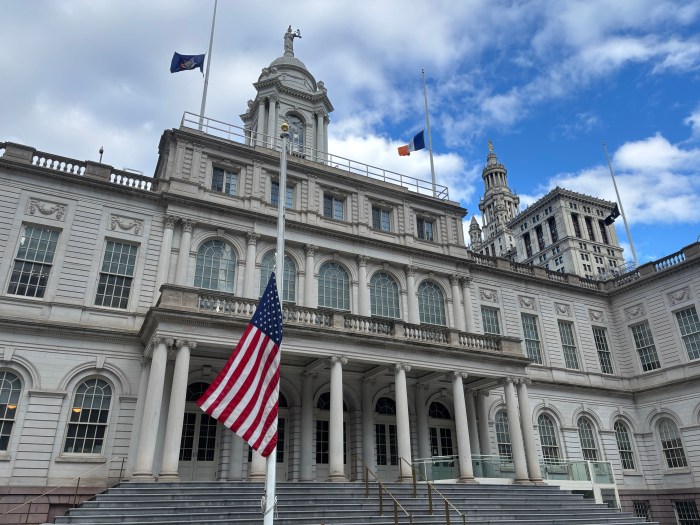The elimination of a contractual safeguard for 8,000 NYC school bus drivers, matrons and mechanics that threw the bus system into disarray was a low point of Michael Bloomberg’s mayoralty.
Employee-protection provisions safeguard the employment status of workers whose companies lose out in the bidding process. In such cases, the workers keep their jobs, pay and benefits, and the system retains experienced workers.
For 35 years, the provisions were part of competitive school bus route bidding. Bloomberg’s administration opposed their continuation and eliminated the provisions in new contracts, precipitating a costly strike in 2013.
Gov. Andrew Cuomo can rectify this injustice. Legislation reinstating employee-protection provisions in school bus contracts passed both chambers this year in Albany. By signing the legislation, he would protect workers by ensuring that bidding for pupil transportation contracts includes protections for the seniority, pension and wage benefits of workers, regardless of which company wins the bid for a route.
The city spends $1.2 billion annually to transport children, including thousands of special-needs and young children. It makes sense to have an experienced workforce.
Eighty percent of these workers are persons of color and 60 percent are women. Many are single parents. These workers struggle to make ends meet and provide better lives for their own children. Experienced union school bus employees make $19 to $34 an hour, a quarter to a third more than their nonunion counterparts.
The Bloomberg administration mistakenly argued that ending employee-protection provisions would save money. No supporting economic analysis was produced. The real cost drivers were rising costs for transporting kids with special needs and charter school students more likely to require busing.
In fact, restoring the provisions would save money. Former Obama White House economist Benjamin Harris estimated that these job protections would save taxpayers $250 million over five years by reducing turnover, averting costly strikes and foregoing the pension withdrawal liability.
Signing the legislation as schools are set to open would be particularly appropriate given Cuomo’s record of raising the minimum wage, enacting paid family leave, protecting the rights of union workers, and extending labor protections to farmworkers.
James A. Parrott is director of economic and fiscal policies at the Center for New York City Affairs at The New School.




































